Nutrients that are good for the brain
The brain oversees most of the body’s functions, including the transmission of nerve impulses, the regulation of body temperature, and memory and learning functions. To function, it therefore has multiple needs.
Diet provides most of the nutritional intake necessary for the proper functioning of the organ. Here is a list of the elements essential for healthy brain function!
Essential fatty acids for the brain
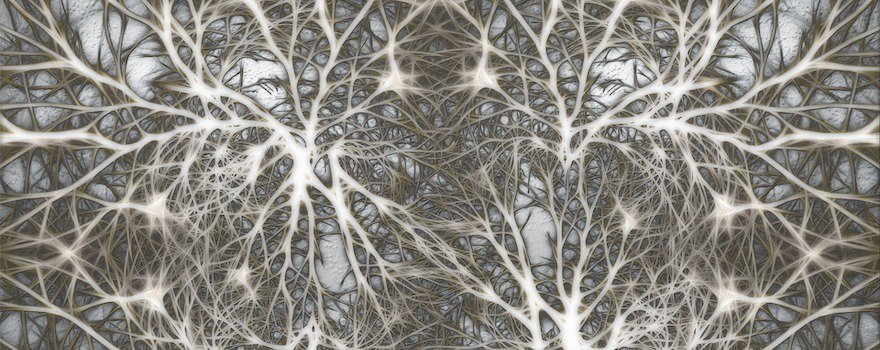
The brain is an organ made mostly of fat; in fact, it contains 50% lipids. Neurons, the nerve cells that transmit nerve impulses, are surrounded by a myelin sheath. Myelin alone contains 70% of the lipids needed to build and maintain nerve cells.
This helps explain why fatty acids are essential to building the brain and maintaining its functions. Indeed, a deficiency in fatty acids can lead to decreased cognitive performance and mental fatigue. However, to ensure effective nutritional intake, it is crucial to prioritize the right fatty acids, such as omega-3 and omega-6.
Glucose: the brain’s fuel

The brain consumes about 40% of the body’s carbohydrate intake. It uses large amounts of glucose to function. To ensure glucose supply, it is preferable to prioritize the foods with a low glycemic index. This ensures a steady supply of sugars over time. During exams or long periods of work, don’t hesitate to eat to avoid energy slumps and the loss of concentration.
Favor foods rich in protein
The body does not store the plant and animal proteins provided by the diet. However, the body’s protein needs are fairly high (70 g/day for an adult). Composed of amino acids, proteins constitute the basic material for the construction and repair of brain cells. Therefore they must be consumed every day. Meats, eggs, and dairy products are rich in protein and beneficial for brain functions.
Before an exam, don’t hesitate to increase the portions of protein-rich foods.
Indeed, prioritizing these nutrients can activate certain neurotransmitters (such as dopamine). The functions of concentration and memory are thus stimulated and help improve intellectual performance during the exam.
The role of trace elements
Contributing to reduced anxiety, limiting neurological fatigue, and preventing stress and nervousness, trace elements are essential for the proper functioning of the brain. The brain needs iron, zinc, magnesium, iodine, and copper to function optimally. This implies the maintenance and improvement of cognitive functions, memory and concentration, learning, control of bodily functions, and the transmission of nerve impulses.
The importance of vitamins
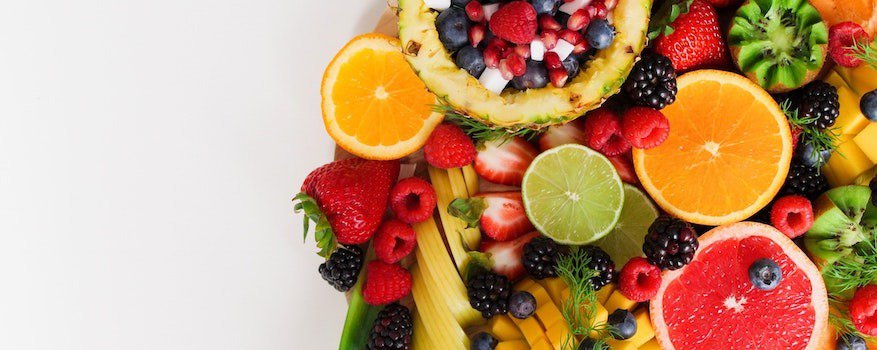
We cannot talk about nutritional intake without mentioning vitamins, which are abundant in fruits and vegetables. With regard to our brain health, vitamin intake is also essential. B-group vitamins : B1, B6, B9, B12 have a positive effect on the brain’s cognitive functions. They are involved in the synthesis of acetylcholine (a neurotransmitter). Consuming foods that contain these vitamins helps preserve our brain functions.
Vitamin B1 is found in asparagus, mushrooms, butter, cauliflower, oranges, and sesame or sunflower seeds.
Vitamin B6 is found in pistachios, garlic, potatoes, rice, hazelnuts, avocado, banana, cod, and salmon.
Vitamin B12 is found in seafood, but also in beef, mackerel, octopus, veal or lamb liver, and yogurts.
Fighting brain aging with antioxidants
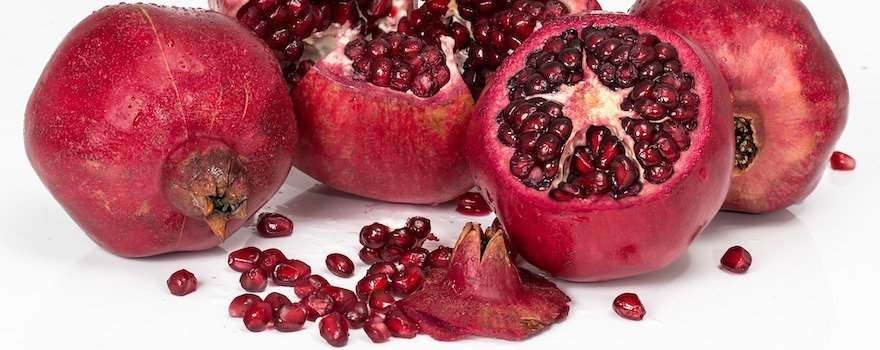
These help fight the accumulation of free radicals, especially in the brain. In that sense, they help combat the aging of the organ. They also act on cerebral blood circulation by improving it.
Ensuring oxygen supply
The brain consumes about 20% of the body’s oxygen reserves. To function properly, oxygen supply must be supported. Oxygen is transported through the bloodstream by hemoglobin, which needs iron to ensure this transport.
By consuming red meat, blood sausage, and liver (veal, poultry), you ensure the body gets the iron it needs.
Boosting blood circulation to the brain by consuming foods rich in antioxidants helps improve oxygen delivery and thus maintain and preserve brain functions.
12 foods that are good for the brain
To perform intellectually on a daily basis, you must provide the brain with the nutrients and elements it needs. A minimum of information is required to make an effective selection and put together appropriate menus each day. Here is a list of 12 brain-healthy foods.
Fatty fish
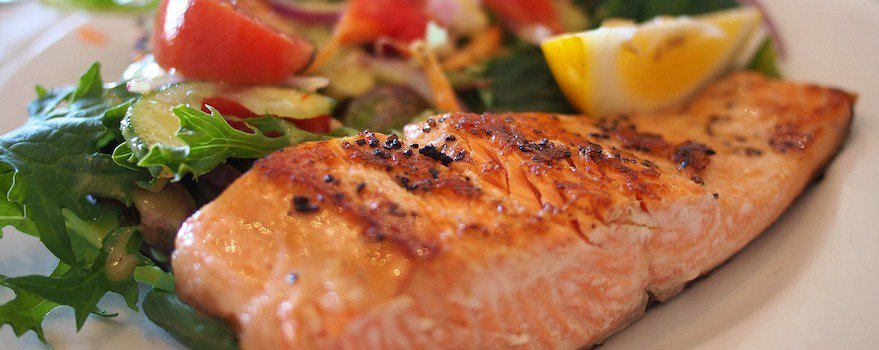
Fatty acids, notably omega-3s, are beneficial for the brain. The foods to eat to ensure a sufficient omega-3 intake are fatty fish : sardines, smoked herring, salmon, tuna, mackerel. One good thing leading to another, it’s good to know that some fatty fish, like salmon, also affect mood by helping fight depression.
Consume two to three times a week to ensure adequate intake. To avoid overloading these foods with fats, it is preferable to cook them by steaming, poaching in a court-bouillon (light broth), or baking. Indeed, this cooking method is “lighter” than pan-frying, which requires adding fats. If you prefer to cook tuna, mackerel, or salmon in a pan, preferably choose a nonstick skillet.
Vegetable oils

Fatty acids are found in certain vegetable oils: omega-3s in flaxseed, canola, and walnut oils. Omega-6s are found in sunflower oil, walnut oil as well, or wheat germ oil, for example. These oils are made from plants or peanuts. They have different nutritional properties than animal fats and are not used the same way in cooking. For example, vegetable oils are less suitable for frying or for heating.
Still, consume in moderation. Vegetable oils are ideal for dressing salads, but they are very high in calories. You need to be mindful of the amount used when cooking tasty dishes.
Note: omega-3 deficiencies can lead to memory problems and disturbances in cognitive function. To help prevent this, simply add fatty fish or vegetable oils to your shopping list.
Starchy foods and legumes
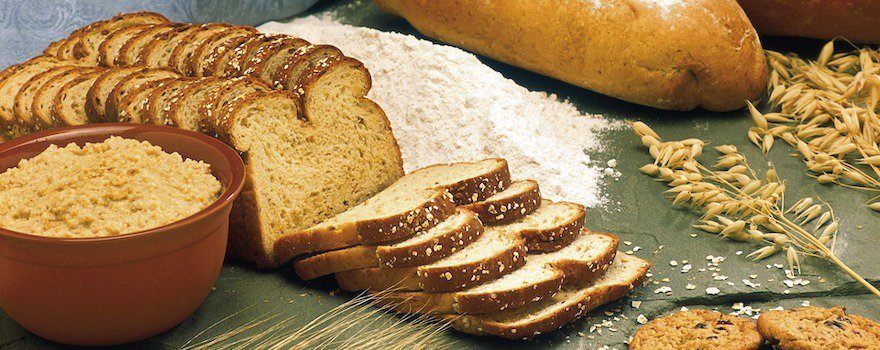
As we have seen, glucose is essential for the proper functioning of the brain. However, this does not mean that one should consume foods high in fast-acting sugars to ensure the necessary intake. Indeed, foods that are too high in sugar can saturate the body. The body then triggers an insulin secretion to lower blood glucose (blood sugar level), which will lead to a slowdown in brain functions. The opposite of the desired effect is achieved. To ensure an optimal, continuous and long-lasting supply of glucose, prioritize low glycemic index foods such as starchy foods (pasta, bread: prefer whole grains), fruits, or legumes (lentils, chickpeas, white beans).
To ensure adequate intake, choose bread for breakfast (about a quarter of a baguette) with a piece of fruit, a dairy product, and lightly sweetened tea or coffee. Starchy foods and legumes are good choices for lunch and dinner. Eat one portion of a starchy food accompanied by one portion of vegetables at lunch and dinner.
Spinach and green vegetables

Vitamin B9 found in spinach, lamb’s lettuce, watercress, broccoli, and rosemary stimulates blood circulation in the brain. Its properties directly act on memory and concentration, stimulating them.
To benefit from the advantages of vegetables such as spinach and broccoli, it is preferable to buy them in the fresh produce section and cook them in water. However, boiling foods causes a loss of about 40% of nutrients and vitamins. Steaming helps limit these losses. Watercress and lamb’s lettuce are enjoyed in salads, preferably with a light vinaigrette. Finally, for those who are not afraid of new experiences, it is important not to overlook vegetable juices made with a juicer. Maximum vitamin content guaranteed!
Seafood

Trace elements are found in seafood : cockles, mussels, oysters, shrimp… Seafood are also foods rich in vitamin B12 and in proteins (including lysine, which is involved in the synthesis of another neurotransmitter : dopamine).
Seafood are generally cooked in a pot. They are boiled in water for 4-5 minutes (cockles), about twenty minutes (whelks), about ten minutes (mussels). Served cold (whelks, shrimp, crab, lobster), they can be eaten with a lemony sauce or a light mayonnaise, lighter than regular mayonnaise.
Eggs

Eggs are rich in amino acids, lecithin, and phospholipids. These elements are involved in building the membranes of neuronal cells. Eggs also contain phosphatidylcholine, a lipid necessary for the synthesis of acetylcholine. This neurotransmitter is essential for the transmission of nerve impulses. It also plays a role in the memorization process and learning. Eggs are foods that are good for memory. They are high in cholesterol, so limit their consumption to twice a week.
They can be eaten as an omelet, hard-boiled, or fried. Preferably eaten in the morning or in the evening.
Berries and avocado
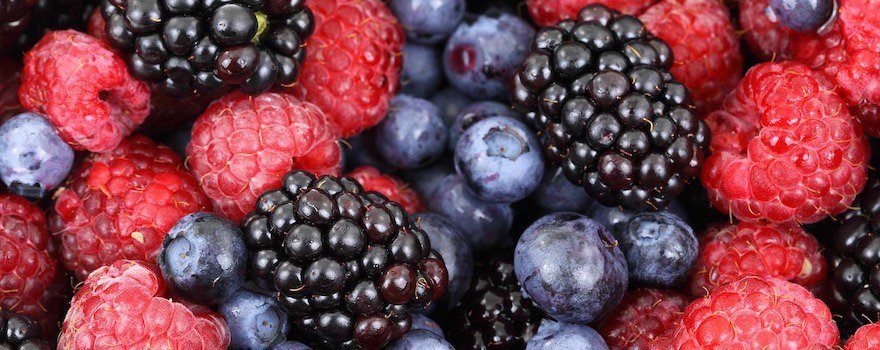
Antioxidants fight against the accumulation of free radicals in the brain. Free radicals, in turn, contribute to accelerating the aging of brain cells. Eating red fruits such as strawberries, blackberries, blueberries, currants, raspberries, and blackcurrants helps slow the effects of aging on the brain. They are very rich in vitamin C and antioxidants. Eating them fresh or in low-sugar compotes, as a dessert at lunch and dinner, allows you to benefit from their properties. It is preferable to avoid jams that are very high in simple sugars (which contribute to weight gain). For jam lovers, it is important to check the product’s sugar content before buying.
Avocado is also a food that is good for the brain. It is rich in vitamin E, which has strong antioxidant properties. An anti-aging food par excellence, avocado is also rich in elements that have a positive effect on mood. It is beneficial for mental well-being!
Dark chocolate

Dark chocolate is rich in magnesium. This trace element is involved in the synthesis of serotonin (known as the ‘happiness hormone’). Its consumption leads to a feeling of well-being. It contains elements that will stimulate brain functions after consumption. Indeed, chocolate is rich in theobromine and theophylline, two substances that have a tonic and stimulating effect on the brain. This food is good for concentration.
It also contains antioxidants, which, as we know, help fight brain aging.
Warning: chocolate is very high in calories. Consume it in moderation, and choose dark chocolate, or better, raw cacao!
Coffee

Drinking coffee can increase an individual’s alertness and concentration. Coffee contains caffeine (which causes the release of dopamine, a neurotransmitter). During study sessions, drinking one to two cups per day can help you work longer.
Do not consume in excess because adverse effects may occur (nervousness, sleep problems…). It’s better not to overdo it and not to exceed the recommended daily doses (200 to 300 mg/day, i.e. 2 to 3 cups of coffee per day) to benefit from effective brain stimulation.



